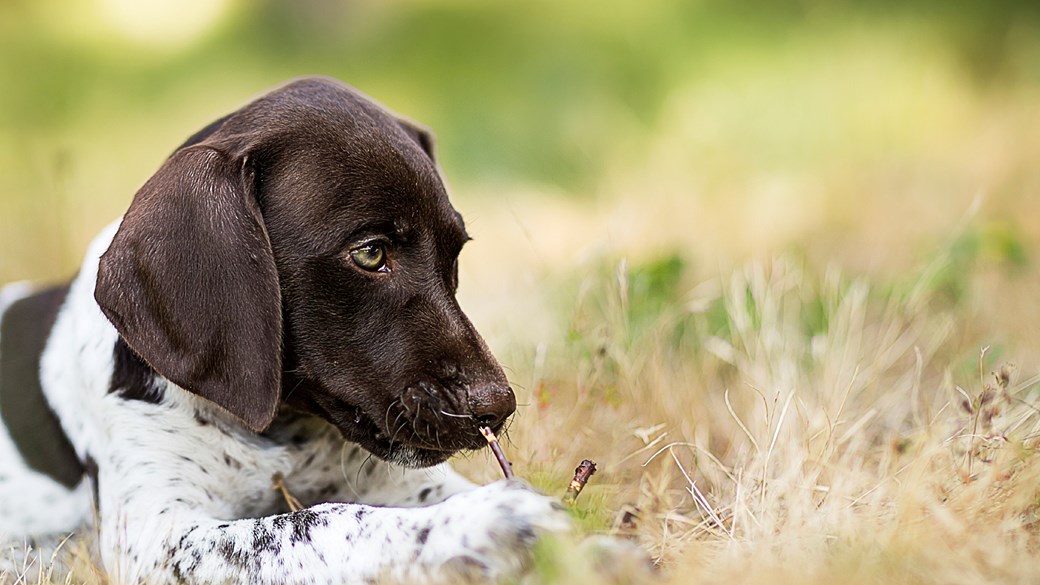- Empty cart.
- Continue Shopping
The Importance of Lice Prevention for Pets

When it comes to pet care, most of us think about feeding, grooming, and regular vet visits. However, one aspect that often gets overlooked is lice prevention. Just like humans, pets can also become hosts to these pesky parasites, leading to discomfort and potential health issues.
Why Lice Prevention is Crucial for Pets
Comfort and Well-being
Lice can cause extreme discomfort for your pets, leading to incessant scratching, skin irritation, and even wounds from excessive scratching. Ensuring that your pet is lice-free contributes to their overall comfort and well-being.
Preventing Spread
Lice can easily spread from one pet to another, especially in multi-pet households or when your pet interacts with others at parks or pet care centers. Effective lice prevention helps not only your pet but also protects other animals from potential infestation.
Health Risks
While lice themselves are not directly harmful, the scratching and skin irritation they cause can lead to secondary infections, requiring more extensive medical treatment.
Risks Associated with Lice Infestation
Anemia
In severe cases, lice can consume enough blood to cause anemia in pets, particularly in smaller animals or those who are already weakened due to other health issues.
Transmission of Other Parasites
Some types of lice can also serve as vectors for other parasites, complicating the health scenario for your pet.
Stress and Behavioral Changes
The constant discomfort can lead to stress and behavioral changes in pets, such as reduced activity levels, changes in eating habits, or even aggression.
Strategies for Lice Prevention
Regular Grooming
Regular grooming sessions provide an excellent opportunity to check for signs of lice. Use a fine-toothed comb to inspect your pet’s fur and skin closely.
Topical Treatments
Consult your vet about topical treatments that can be applied to your pet’s skin and fur to prevent lice. These are often effective for several weeks at a time.
Maintain a Clean Environment
Lice can survive for a short period outside the host. Therefore, keeping your pet’s living area clean is crucial. Regularly wash their bedding, and if possible, vacuum areas where they frequently sit or sleep.
Vet Check-ups
Regular vet visits should include a thorough examination for any signs of lice or other parasites. Your vet can also recommend specific preventive treatments tailored to your pet’s needs.
In conclusion, Lice prevention is an essential but often overlooked aspect of pet care. The discomfort and health risks associated with lice infestation make it imperative for pet owners to take proactive steps in this direction. By incorporating regular grooming, using topical treatments, maintaining a clean living environment, and scheduling regular vet check-ups, you can effectively safeguard your pet from the nuisance of lice. Remember, a happy pet is a healthy pet, and a lice-free pet is definitely a happier one.








